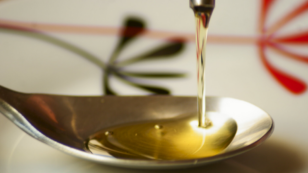
Coal Shutdowns Save 26.6K Lives in U.S.
The plummeting demand for coal-fired power has led to the shutdown of hundreds of plants and saved an estimated 26,610 lives, according to a new study published in the journal Nature Sustainability, as Yale Environment 360 reported. Not only has the move towards other sources of power saved lives, but it has also led to […]

 233k
233k  41k
41k  Subscribe
Subscribe 



